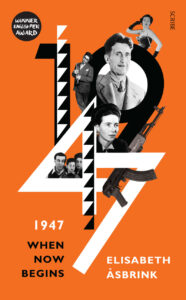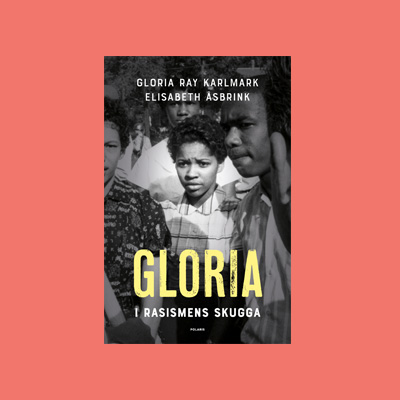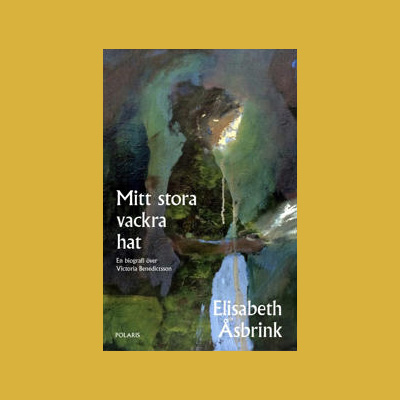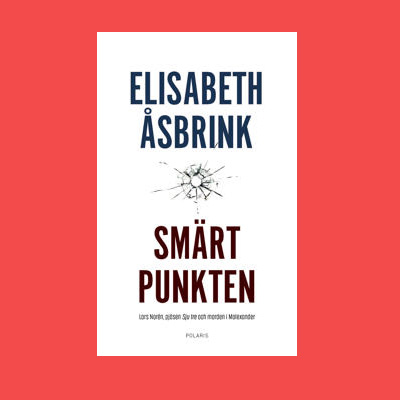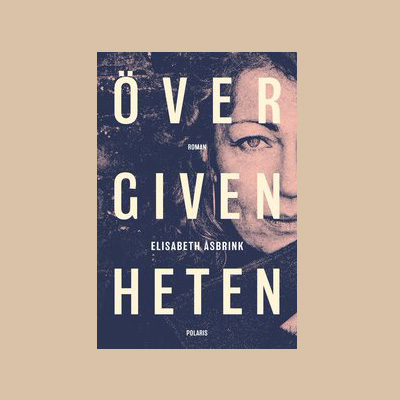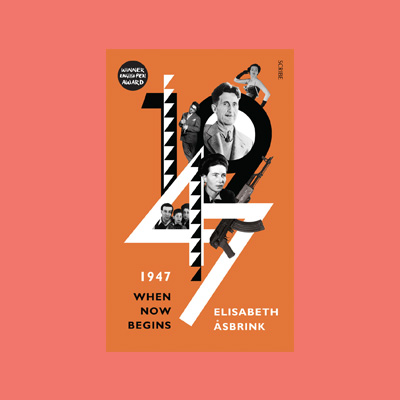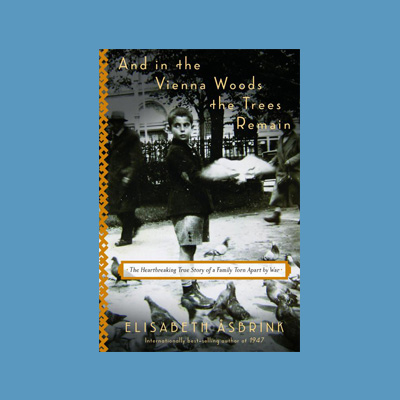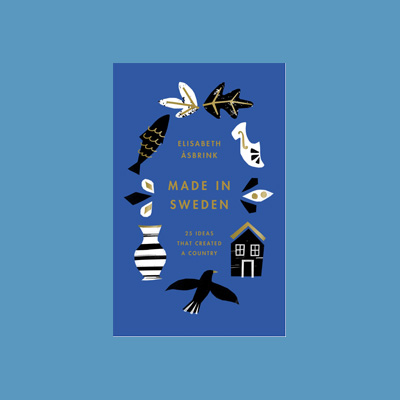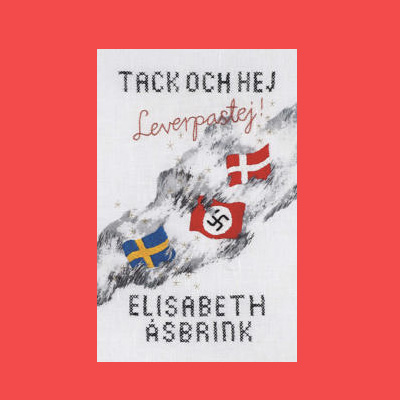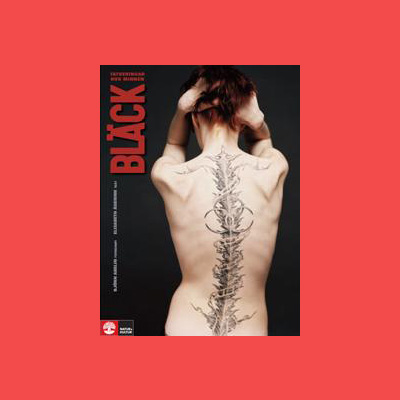1947 When now begins
An award-winning writer captures a year that defined the modern world, intertwining historical events around the globe with key moments from her personal history.
The year 1947 marks a turning point in the twentieth century. Peace with Germany becomes a tool to fortify the West against the threats of the Cold War. The CIA is created, Israel is about to be born, Simone de Beauvoir experiences the love of her life, an ill George Orwell is writing his last book, and Christian Dior creates the hyper-feminine New Look as women are forced out of jobs and back into the home.
In the midst of it all, a ten-year-old Hungarian-Jewish boy resides in a refugee camp for children of parents murdered by the Nazis. This year he has to make the decision of a lifetime, one that will determine his own fate and that of his daughter yet to be born, Elisabeth.
In 1947, Elisabeth Åsbrink chronicles the creation of the modern world, as the forces that will go on to govern all our lives during the next 70 years first make themselves known.
REVIEWS
”An extraordinary achievement.” New York Times Book Review
”One of the best books, certainly the best nonfiction book, that I’ve read recently.”
Nancy Pearl on NPR’s Morning Edition
”An extraordinary achievement.” The New York Times
”Elisabeth Åsbrink has written a book about history that distinguishes itself from many other history books by its poetic beauty … 1947 is as much an adept history book as it is a beautiful and well-written piece of fiction. Read it!” Svenska Dagbladet
”You get a piece of a life in your hands. There is something here that you seldom find in young Swedish prose … It is beautifully told. Dark, but beautiful.” Dagens Nyheter
”[Åsbrink’s] careful juxtaposition of disparate events highlights an underlying interconnectedness and suggests a new way of thinking about the postwar era.” The New Yorker
”Extraordinarily inventive and gripping, a uniquely personal account of a single, momentous year.” Philippe Sands, author of East West Street
”A skillful and illuminating way of presenting, to wonderful effect, the cultural, political, and personal history of a year that changed the world.” Kirkus Reviews
”Åsbrink’s elegant prose offers a lyrical history of a year that seems both recent and ancient.” The Spectator
”This is history as a series of eclectic snapshots of events and episodes and people, from the Nuremberg Trials to the partition of India, during a year in which the world tried to redefine its hopes and come to terms with its failures: and it makes for fascinating, disquieting, lively, and often surprising reading.” Caroline Moorehead, author of Village of Secrets
”Like an image created from a thousand juxtaposed pixels, Åsbrink builds a cumulative picture of 1947 … Less a work of history, her book is more like an ingeniously constructed novel.” The Jewish Chronicle
”Åsbrink works with great subtlety, allowing us to make our own judgments and trace any parallels or echoes with the present. Fiona Graham deserves credit for her remarkable translation.” The National
”Elisabeth Åsbrink’s lucid and vivid narrative exposes the reader to the anxious dilemmas of refugees, the calculations of lawyers in tribunals, the ennui at cocktail parties, the cynical strategies in negotiating halls, the devastating impacts on people’s lives, and reveals how our modern era was shaped … An outstanding work, history as it should be told.” Salil Tripathi, Chair of the PEN International Writers in Prison Committee, and author of The Colonel Who Would Not Repent
”An intriguing account of a number of significant events which occurred in a year when the world was beginning to come to terms with the fallout from the Second World War … Åsbrink deftly brings together the tangle, the mess, the aspirations, and the disappointments which characterized the period and which for her resonate personally through her family history.” Rosemary Ashton, author of One Hot Summer: Dickens, Darwin, Disraeli, and the Great Stink of 1858


